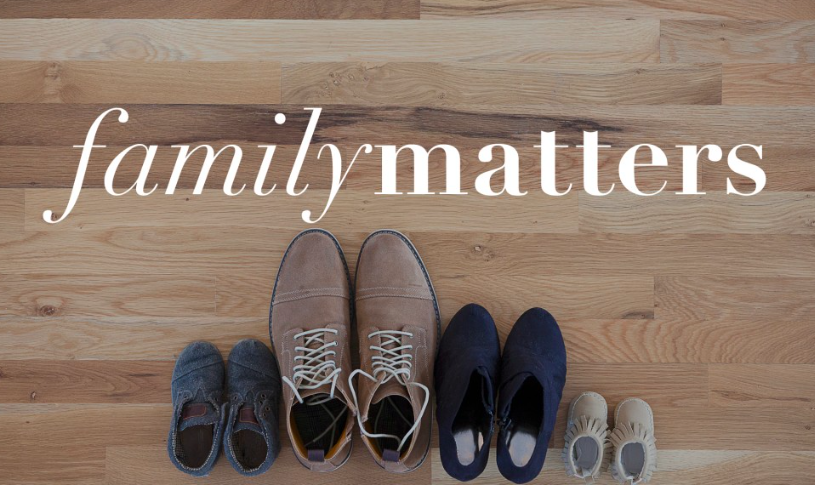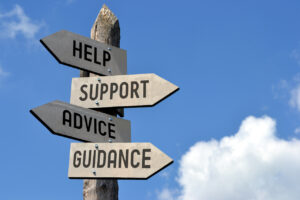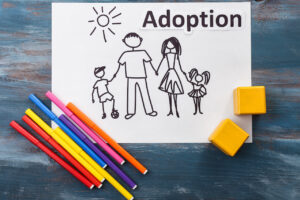What Does Family, Empathy, and Privilege Mean to You?

Cheers, dear readers,
July and August of this year has been a time of intense educational and relationship building pursuits for me. I recently got back from Portland, Oregon from a professional and personal development conference that I attend each year. I will be sharing some epiphanies later here that I believe will help our wonderful and thoughtful readers. This past weekend, I went to a local event here in Virginia, USA that is created by the Woodhull Freedom Foundation which focuses on physical intimacy rights. Ironically I did not realize ahead of time that some information shared at this summit would be helpful here on our Slow Swimmers & Fried Eggs blog. It is almost comical to me now since intercourse is how we traditionally conceive and “make a baby”. I have to laugh to myself at my own naiveté.
Here is a brief description of the Summit:
Woodhull Freedom Foundation is the event where everything comes together in spectacular conversations about physical intimacy rights.
We are at a critical time as the pendulum of social change swings far to the right. We are going to have to work hard to keep the rights we already have while working to claim those rights not yet recognized. Our goal at the Summit is to send attendees back to their daily lives with the tools and the inspiration to create the change we want to see in our world.
The Woodhull Freedom Summit features human rights activists, intimacy educators and researchers, professionals from the legal and medical fields, authors, intimacy freedom movement leaders and organizational partners.
The last session of the Summit was a panel discussion that is traditionally called “Family Matters.” This panel had a wide and highly interesting grouping of special guest speakers. One was the moderator of the discussion, a woman named Ricci Levy. The others were a disabled woman, an adoptee woman, and a woman of color who is a trauma survivor. Ricci Levy started the discussion pointing out that the core unit of society is family, and we form family sometimes in unique ways, whether biological or a chosen family. Also family can mean many different things to different people.
At her chance to speak, the disabled woman pointed out that many assume those with disabilities are not expected to desire, partake in, or enjoy intercourse with their spouse. She mentioned that in reality, most everyone has intercourse — even those in wheelchairs. She went on to add that many also assume that those with disabilities won’t be parents in their lifetimes. Why? Partly because the assumption is that a disabled person must be taken care of like a child themselves – they are not actually acting adults doing adult things – like having intercourse and becoming a parent.
Wow, that gave me a lot to think about. How often do we make false assumptions about other individuals or groups of people? How often are those assumptions hurtful and presumptive, as well as dismissive and un-empowering? Do we not all have the right to create a family in whatever way or by whatever means works for us? The same goes for anyone (whether in a wheelchair or having some other disability) who gets an infertility diagnosis. Does that person and couple not have the right to pursue fertility treatment if they so choose to create their family?
The female who was adopted went on to describe the terms “first family” and “second family”. She uses the term “first family” to describe her biological family that gave her up for adoption when she was a baby. Why? Because she is interested in showing respect for adoptive families and parents and hold them in a high regard. She and others like her feel that the term “biological family” implies that that is the “real family” whereas the adoptive parents are more of an afterthought and are not “real parents” to the child. I had never thought of it in those terms and I found it quite illuminating. How often do many of us think an adopted child – who perhaps does not look like the parents who selected that child to raise after a legal adoption – is not REALLY that couple’s child. How disrespectful and hurtful would that thinking feel to the parents who jumped through many hoops, hurdles, and heartaches to adopt that child?
The woman of color who is a trauma survivor discussed how she came from a very large family that have roots that they can trace back several hundred years. She acknowledges that this fact – that she comes from a large and connected family with firm roots and ties to their collective history and their biological ancestors – is a PRIVILEGE that not everyone has. This really hit home with me as I do NOT have a large family. In my immediate family, only my sister and I remain. All of my grandparents and my own parents are deceased, as well as my great aunts and uncles. And we do not have many cousins even – and the ones we do have we are not that close to. Indeed many of my friends have the privilege of large, connected, close families who even live in close proximity to each other, and have come to rely on each other in their daily lives. Some days it feels like I rely on my husband and my two cats, and it’s us against the world. The cats are only so much help while I make myself busy picking up their poo when they miss the litter pan, and their many dramatically coughed up hairballs. So who is taking care of who here? Yet to be fair, my cats bring me much comfort, joy, and reminders to not take myself too seriously. Thank you, Merrie and Pippin.
My point in sharing highlights from this panel discussion with you is to remind you that many of us have struggles in our lives. Many of us suffer at different points of our existence. And on the flip side, many of us have privileges that we take for granted on a daily basis. I ask you to ponder: What privileges are you perhaps not realizing that you have right now? What incorrect assumptions might you be making about other people – perhaps those not as well off as you? How can you show up and be more kind, compassionate, and empathetic to other’s struggles in your daily life? Are you willing to reach out and give someone in a difficult position a helping hand or some words or encouragement or appreciation for their struggles? I’d love to hear in the comments.
Please join me next week to hear more about my personal journey down the infertility path. I look forward to speaking with you. I wish you the best on your journey.
Warm regards,
Cathy



